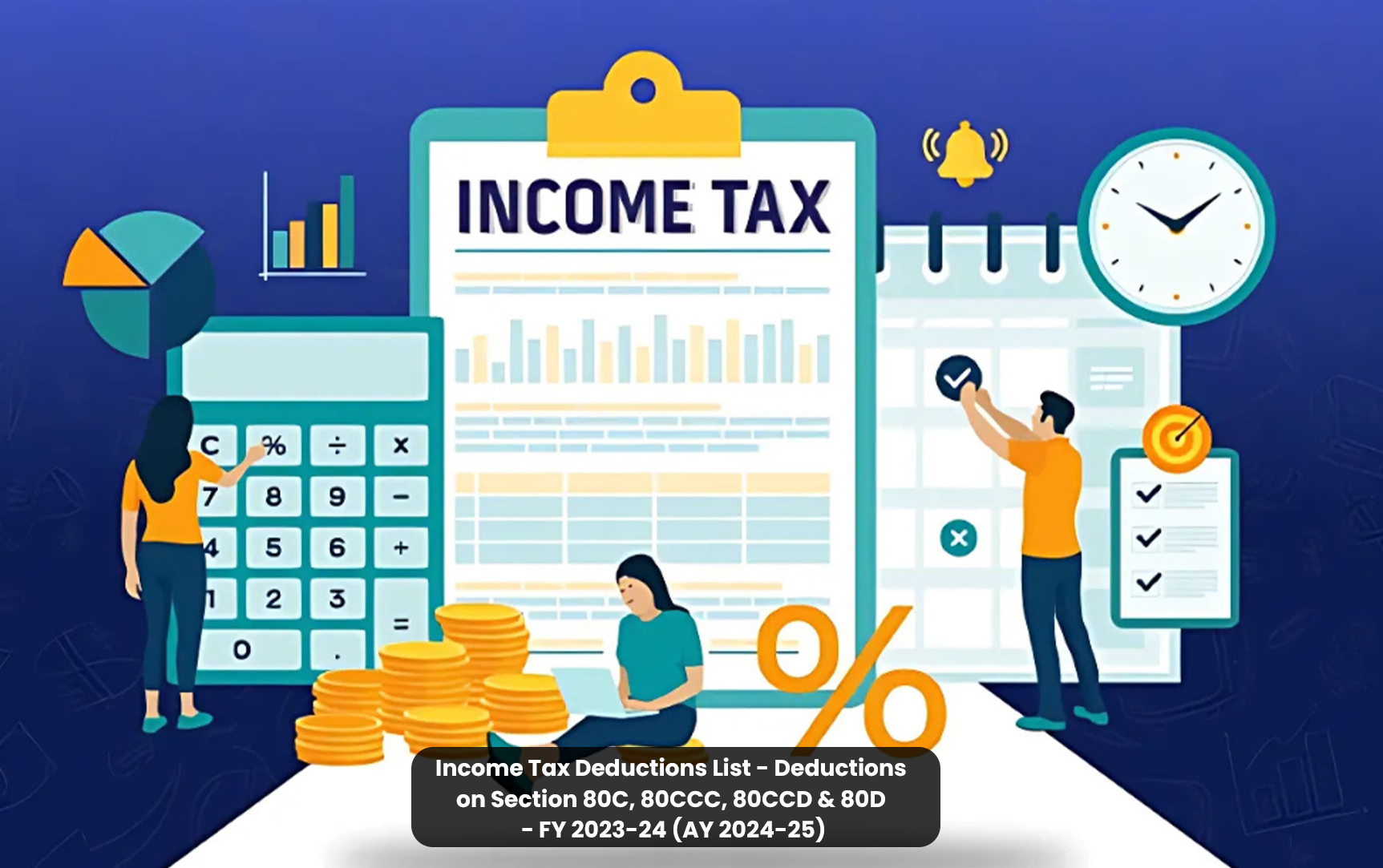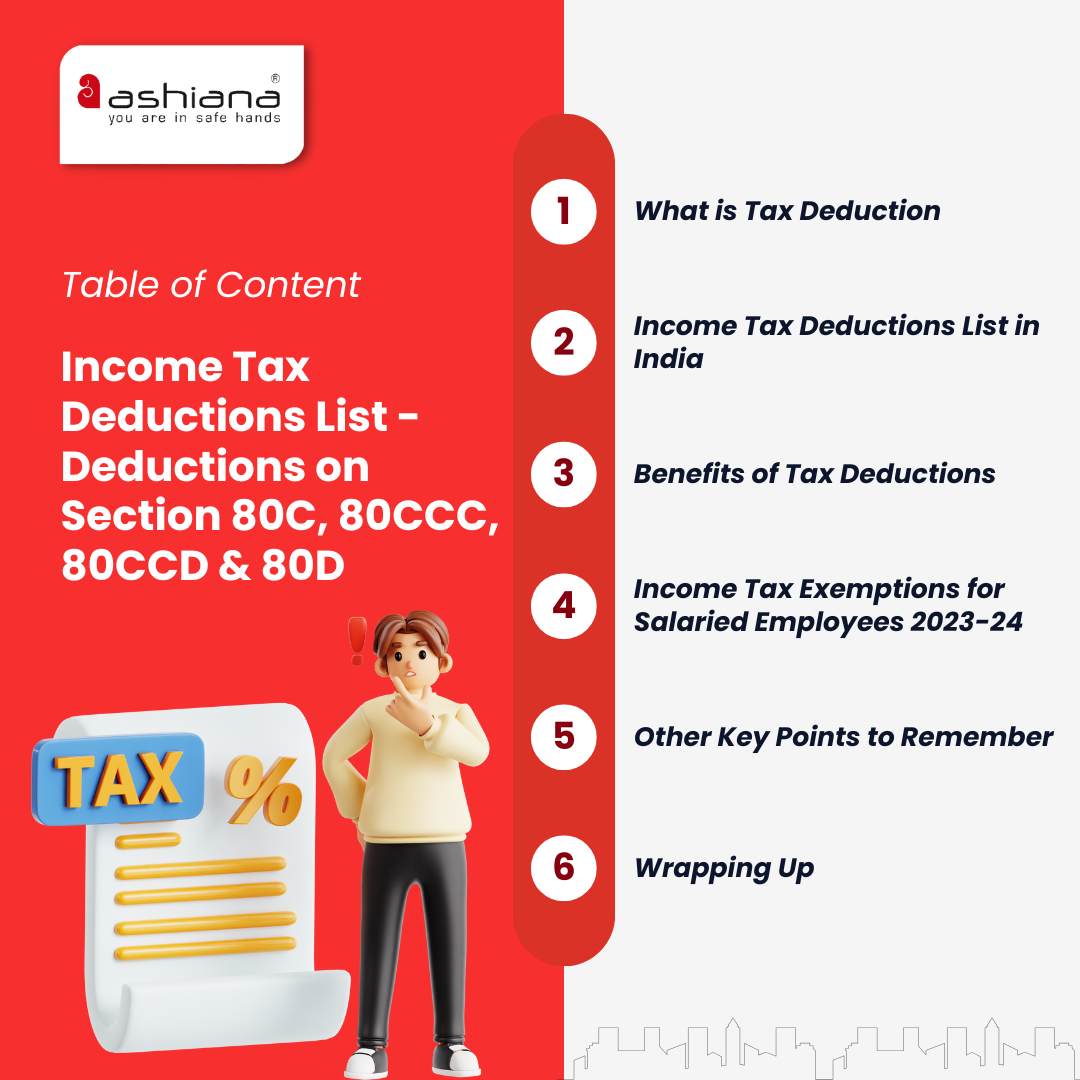

Section 80C of the Income Tax Act provides tax exemptions for specific investments and expenditures. By investing in various financial assets like the Public Provident Fund (PPF), National Savings Certificate (NSC), and Equity Linked Savings Scheme (ELSS), you can claim tax deductions up to Rs. 1.5 lakh.
If you have made a 5-year FD investment of INR 1,00,000 and principal repayment of INR 1,00,000 towards the home loan. You can claim a deduction of only INR 1,50,000 under 80C, not INR 2,00,000. Deduction of interest regarding a home loan serviced by you cannot be claimed under section 80C.
The exemption limit for individuals under 60 is Rs. 2.5 lakh. Senior citizens aged 60 and above but below 80 have a higher exemption limit of Rs. 3 lakh. For super senior citizens aged 80 and above, the exemption limit increases further to Rs. 5 lakh.
Ashiana, Ashiana Housing build homes. Homes surrounded by vast green spaces and fresh breeze. Homes cocooned in secured gated complexes. Homes where futures are forged and there are opportunities to grow. And Homes in environments brimming with healthy activity, trust and respect. At heart, we build communities with care.
Other posts by Ashiana
Join 1000+ of fellow readers. Get expert real estate knowledge straight to your inbox absolutely free. Just enter your email address below.